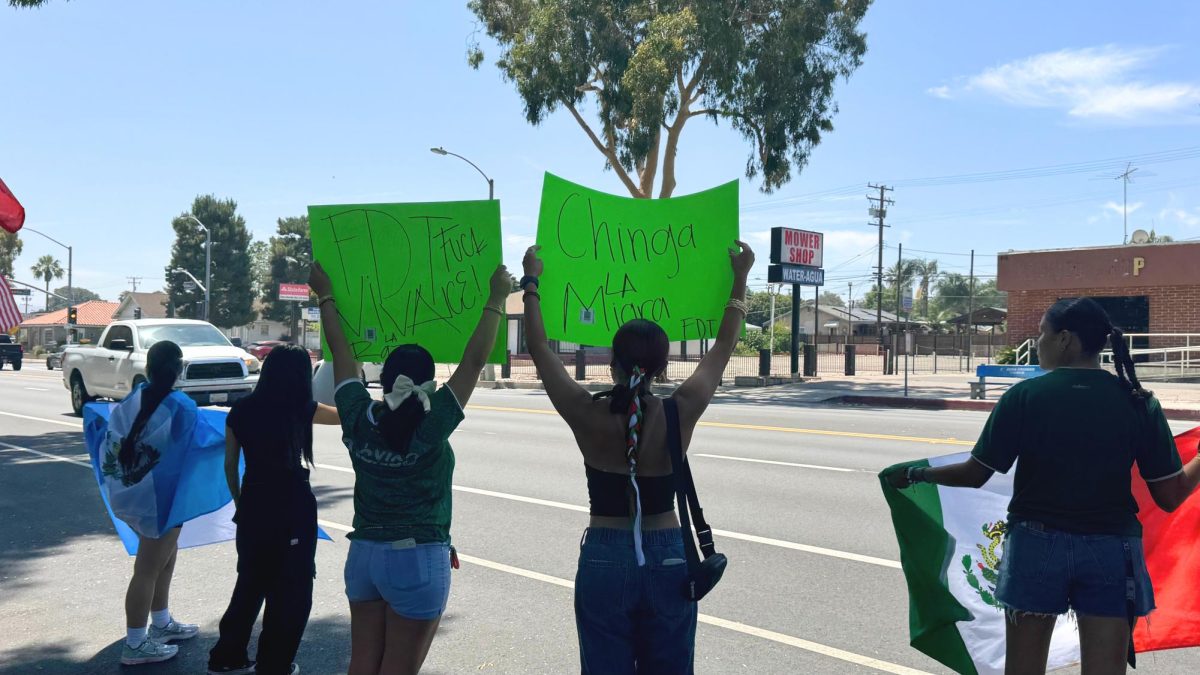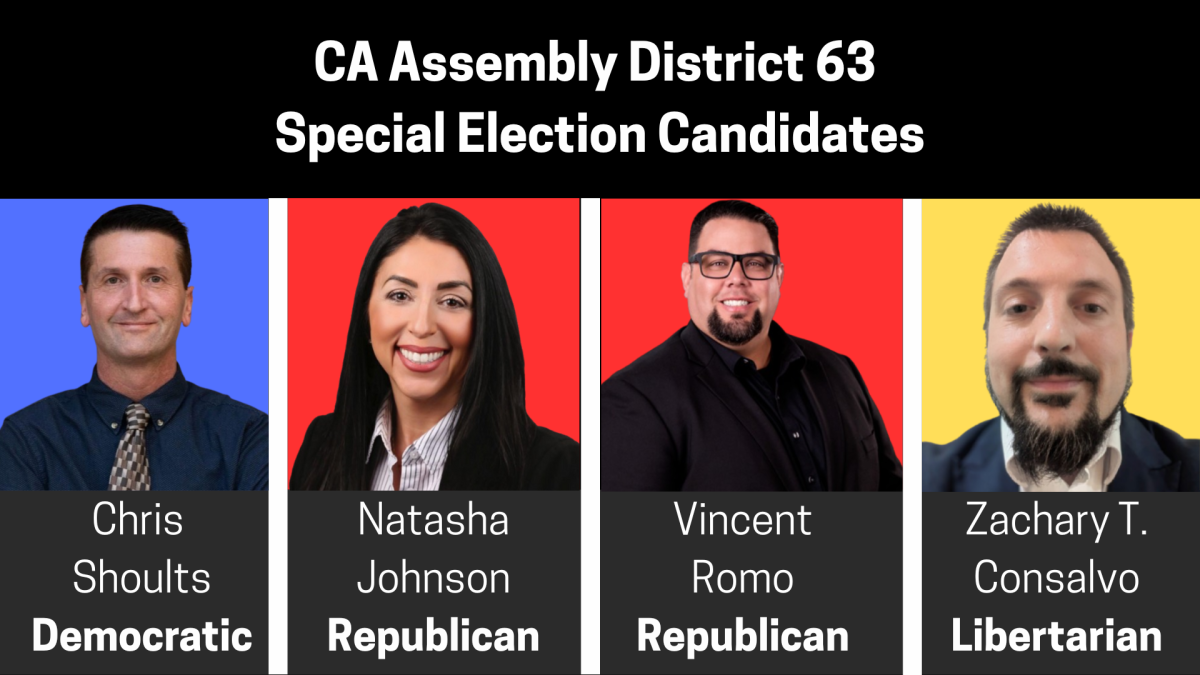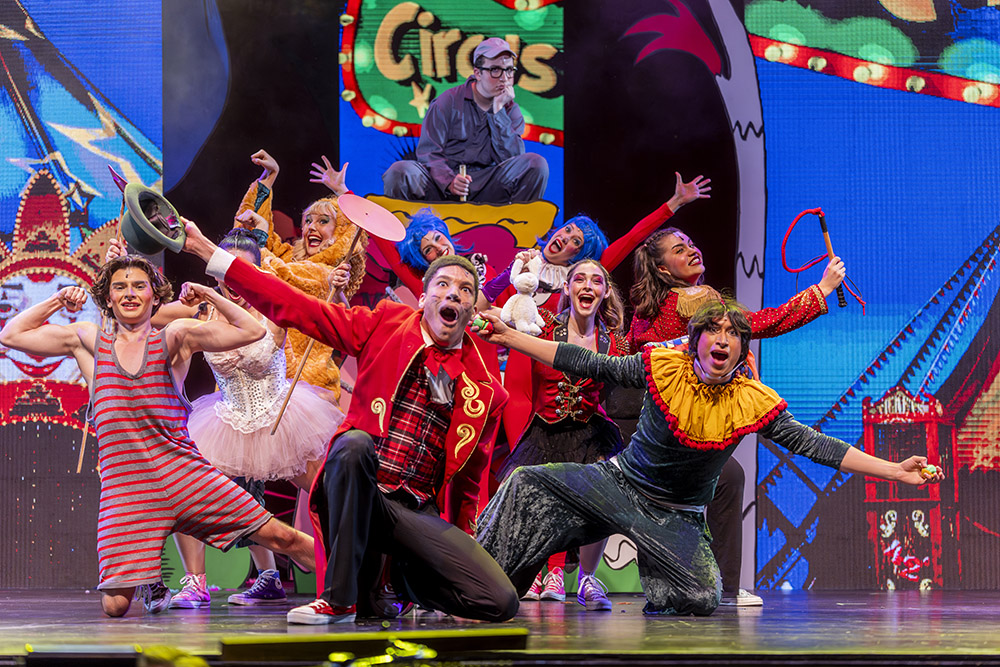By Samantha Bartholomew
Over a year after the unexpected death of Antonin Scalia, the vacated Supreme Court seat was filled by Neil Gorsuch on April 10.
“To my new colleagues and the staff of the Supreme Court, thank you for the very warm welcome. I look forward to many happy years together,” Gorsuch said at his public confirmation.
Before being nominated to the Supreme Court’s vacant seat, Gorsuch served as a judge on the 10th Circuit Court of Appeals in Denver, Colorado since 2006 with a background that included education at Harvard Law School and Oxford.
Gorsuch’s confirmation comes after a messing partisan fight that ultimately led to Sen. Mitch McConnell to invoking what has been called the “nuclear option,” allowing Republicans to end debate with a simple majority, rather than the traditional minimum of 60 votes.
McConnell’s role in Gorsuch’s confirmation did not go unacknowledged.
“I especially want to express our gratitude to Sen. Mitch McConnell for all that he did to make this achievement possible,” President Donald Trump said.
While the confirmation of Gorsuch does not change the overall makeup of the Supreme Court in terms of party representation, the conduct that was used has caused many to question the legitimacy of Gorsuch’s confirmation.
A lot of awnger also stemmed from the fact that Republican lawmakers refused to consider federal Judge Merrick Garland, who was nominated by former President Barack Obama a month after Scalia’s death in February 2016, insisting that the next president should choose the nominee.
However, many Democrat leaders showed support for Gorsuch during his four-day confirmation hearing, citing his commitment to the rule of law being a surefire sign that he would be a good fit for the Supreme Court.
“He has a record as a balanced, meticulous and well respected jurist who understands the rule of law,” North Dakota Sen. Heidi Heitkamp said.
The lineup of court cases that Gorsuch will now play a deciding vote in include religious liberties cases that have been delayed for months, signaling a probable deadlock among the eight justices.
Gorsuch’s confirmation was met with the praise of President Trump, who listed Gorsuch’s confirmation as a top priority for his first 100 days in office plan.
“And I got it done in the first 100 days,” Trump said at a ceremony in the White House Rose Garden. “You think that’s easy?”













